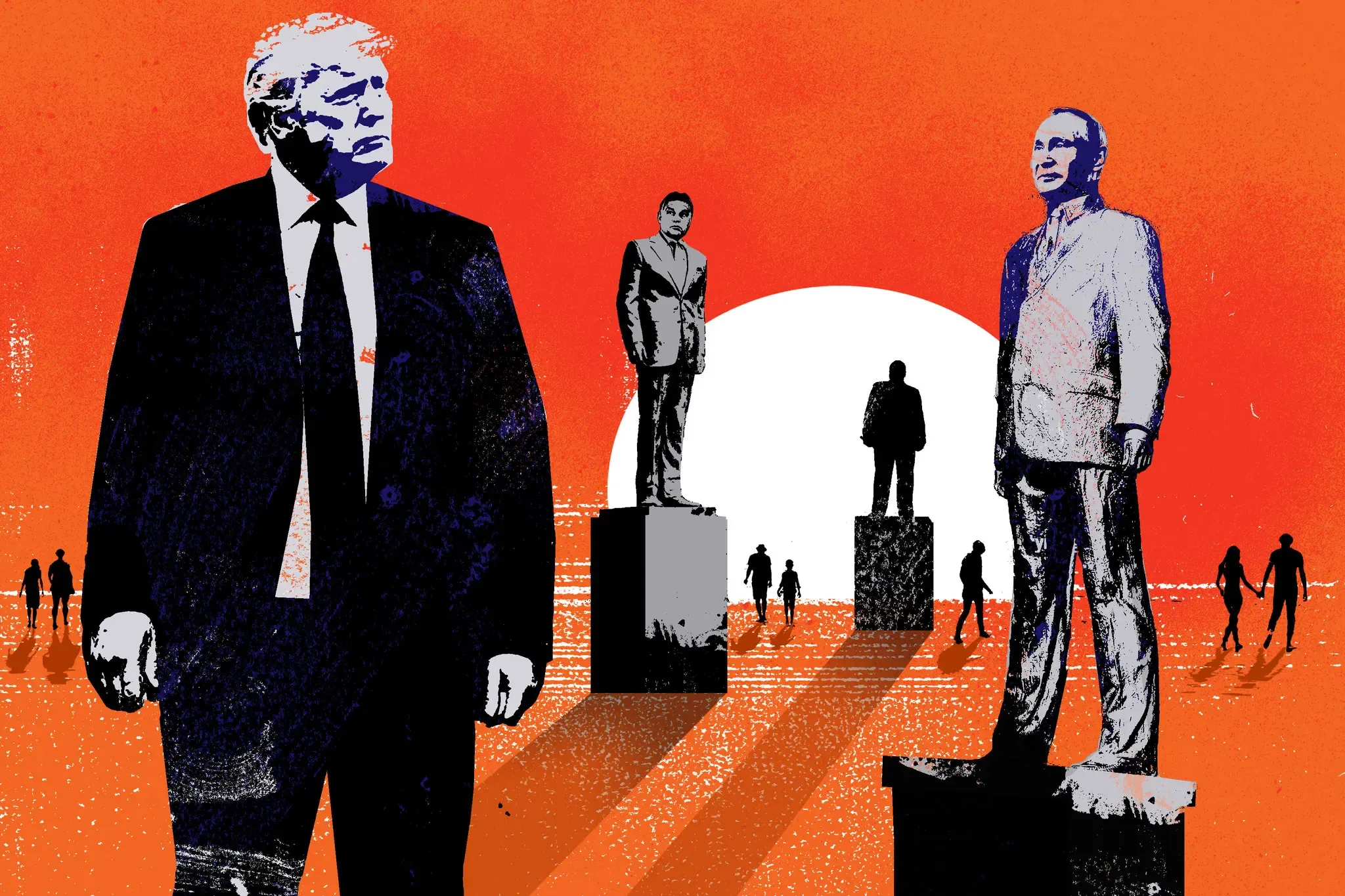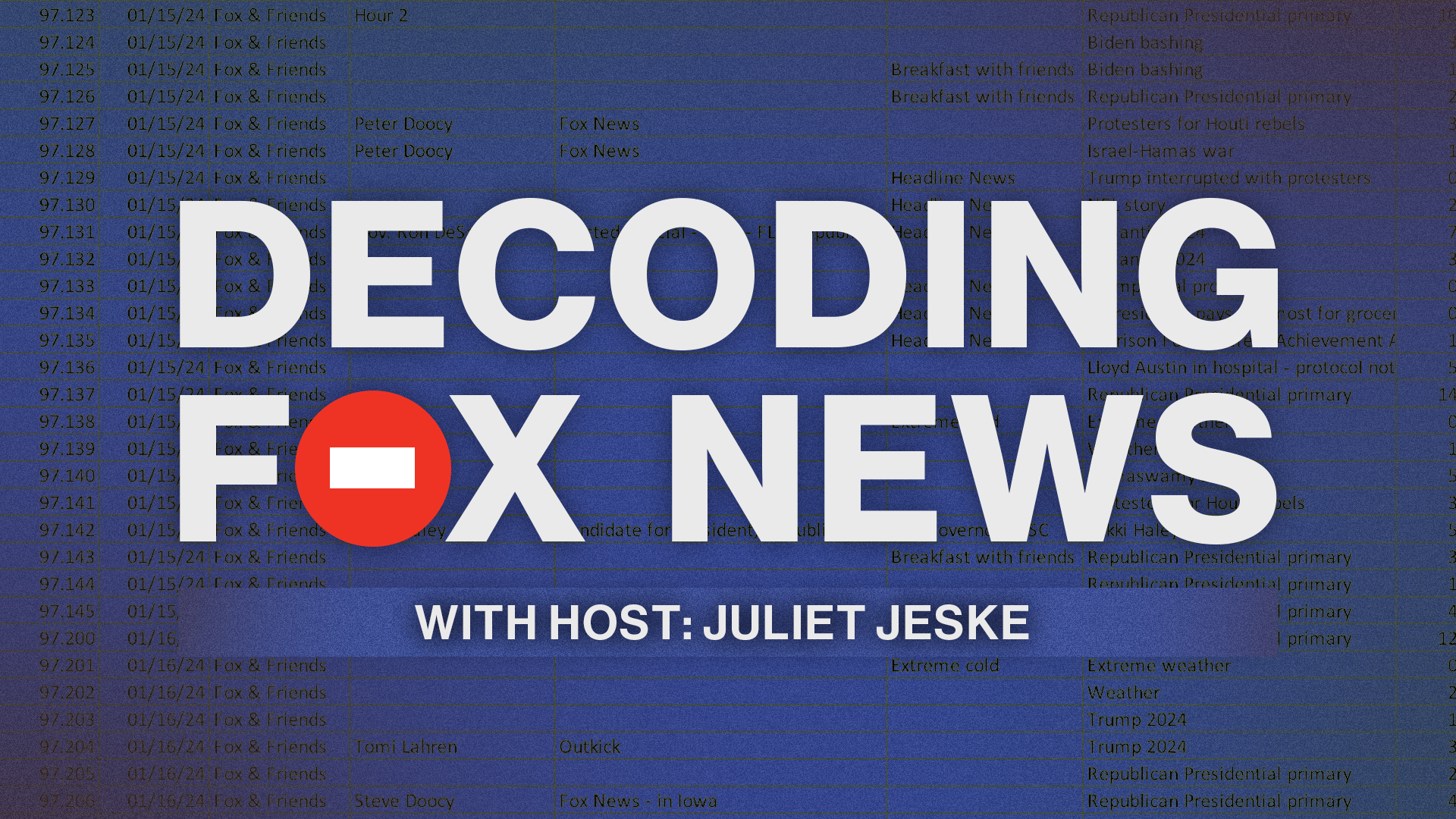Published with the generous permission of Ruth Ben-Ghiat. Read all of her outstanding writing in her Lucid newsletter.
By Ruth Ben-Ghiat
How unsurprising that former president Donald Trump showed up at a gun store in South Carolina and declared that he wanted to buy a gun, specifically, a customized "Trump 45." Glock. Since 2015, his political project has centered on cultivating extremists, radicalizing ordinary Americans, and building a civilian army to commit violence in his name.
Since the Fascist years, authoritarians have used propaganda and their personality cults to change the perception of violence among their followers. The goal is to remove hesitations about tolerating or participating in violence against one’s compatriots by presenting that violence as necessary and even morally righteous.
To that end, authoritarians conjure existential threats from an ever-expanding roster of enemies —immigrants, Jews, and leftists among them—-and present violence as the only way to save the people from annihilation and save the nation from utter ruin. "If you don't fight like hell, you won't have a country anymore," Trump raged to the thugs assembled on Jan. 6, before he sent them off to assault the Capitol.
That terrible day made clear Trump’s endgame in cultivating as many individuals as possible and preparing them psychologically to be willing to persecute his enemies. In doing so, Trump wrote a new page of the coup playbook: if you can't get the military to cooperate with your takeover attempt, you have a civilian army at your disposal.
On Jan. 6, that army included anti-government extremists and hate group adherents but also many ordinary people with no prior history of militancy. These "middle-aged, middle-class insurrectionists," in Robert A Pape and Kevin Ruby's words, believed Trump's lies about winning the 2020 election and justified their violence on moral and patriotic grounds.
Two years later, it is clearer than ever that inciting political violence is Trump’s political project, and his campaign appearances and events must be seen in that light. Trump is a marketer. In previous decades his work of persuasion involved getting people to buy his branded objects: Trump apartments, Trump wine, Trump steaks, Trump water, and more. Now his brand is violence, and his rallies and other events sell that violence, presenting it as the preferred way to resolve differences in society and as the only way to move history forward. The gun shop stop was merely the most obvious of these attempts to expand his corps of armed followers.












